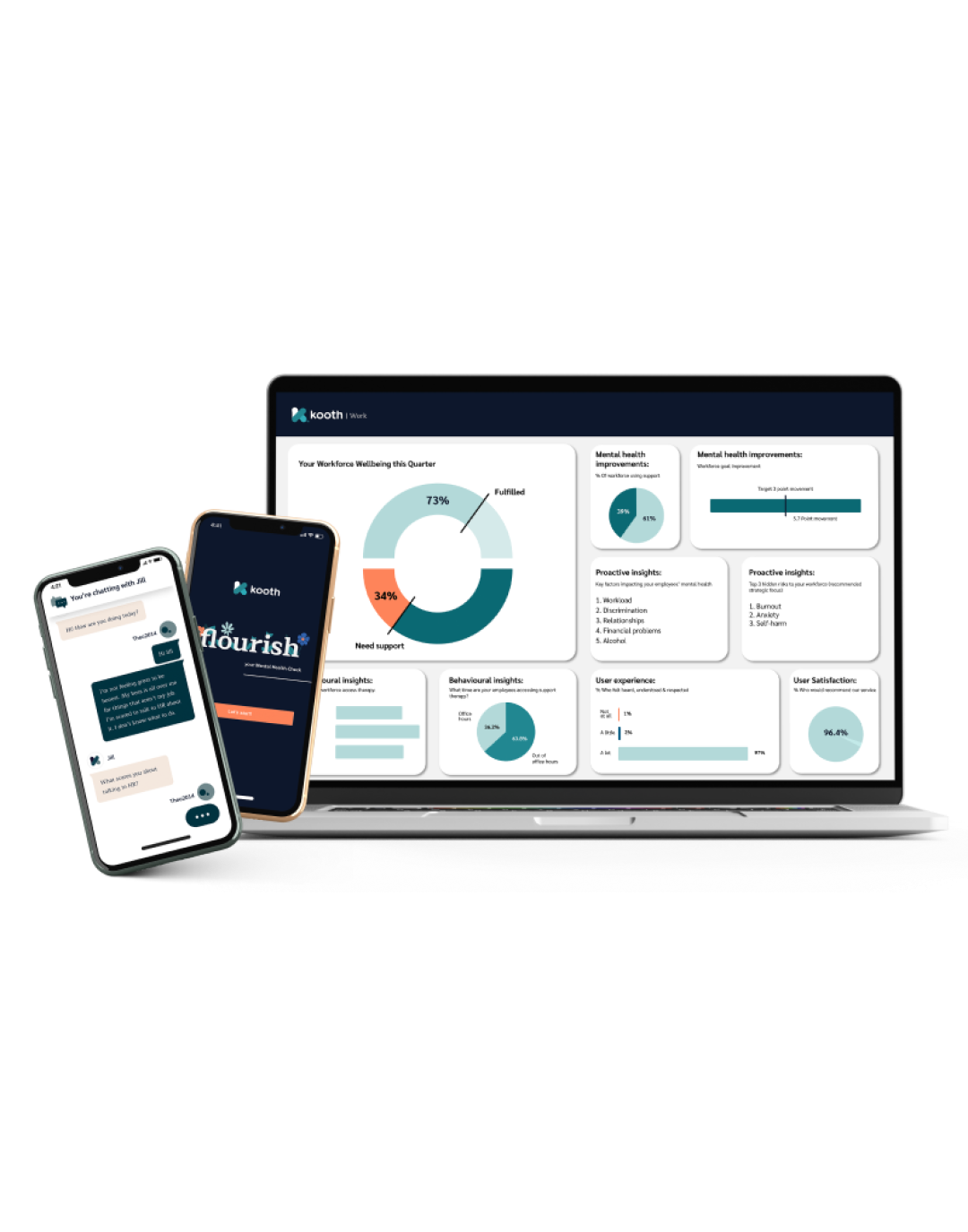You might have read our article last week on how employers can support their key worker employees through the cost of living crisis. A part of that might involve having conversations about money and mental health in the workplace.
Unfortunately, even in the most progressive organisations, there is a stigma attached to mental health, especially if money is a contributing factor.
The overwhelm that people experiencing financial difficulties might feel, combined with the stigma, may mean that they don’t come forward to ask for help when needed. However, as employers, you are ideally placed to notice the subtle changes in behaviour that could indicate stress or overwhelm.
Signs to look out for
Changes to work patterns
When people feel under pressure, they may work longer hours than usual, or sign in to their work email outside their regular hours. Alternatively, they may struggle to maintain their normal rate or quality of work.
Withdrawing from or snapping at other people
Stress can make social interactions challenging, meaning people may withdraw, snap at colleagues, or even become tearful.
Absences from work
If left unaddressed, stress can manifest as a physical illness, leading to employees taking more time off work. Some physical symptoms of stress include headaches, nausea, indigestion, digestive problems, heart palpitations, sweating, and aches and pains.
If employees are exhibiting these signs, opening up a dialogue about it as soon as possible is essential to avoid long-term impacts.
Starting a conversation about money with employees
To start a dialogue, Dr Kerry Irving, a senior psychologist at Kooth, advises that “the most important thing is to create a safe enough space for the person to feel able to discuss any concerns with you”. If an employee doesn’t feel safe sharing their concerns with you, a conversation is unlikely to get to the root of the problem.
To create a safe space, try to avoid starting meaningful conversations like these in corridors or rushing them in between meetings; instead, set a dedicated time somewhere private to talk. Try starting the conversation by sharing your concern for them and what you’ve noticed, being careful not to judge or criticise.
Your employee may not be ready to have a conversation at first, and that’s okay. The most important outcome of the initial discussion is your employee knowing they can come to you when they are ready.
Takeaways
Key workers are more vulnerable to the impacts of the cost-of-living crisis than other groups. Their wage is often lower than the national living wage, which means that, even when working full time, they do not earn enough money to support themselves and their families. In addition, location-specific workers, in particular, do not have the freedom to make changes like relocating or working from home to help ease financial pressures.
Money affects every aspect of life
If money is tight, people often end up cutting back on things like their grocery bills or recreational activities which, over the long term, affects both physical and mental health.
Worries over finances contribute to relationship breakdown, loneliness, and isolation are one of the leading causes of suicidal ideation. Moreover, households with prevalent anxiety about money can feel unstable and, if there are children present, this can lead to behavioural and mental health struggles later in life.
These factors mean that critical workers find themselves in a difficult situation, where factors outside their control have impacted their quality of life. Many key workers are now considering leaving the careers they love and have worked hard to achieve, in order to survive.
Employers are vital in supporting critical workers throughout the cost of living crisis. However, while measures like wellbeing support may help with some emotional pressures, they aren’t enough on their own.
Offering concrete help to the employees in their care by paying fairly and giving staff benefits that allow people to better support themselves and their families will help them with the mental, physical, and relational problems that accompany financial instability.
If employers don’t take these measures, more and more people will leave their jobs, leaving these vital roles unstaffed - at great detriment to the people who rely on them.
Find out more about Kooth Work today.





